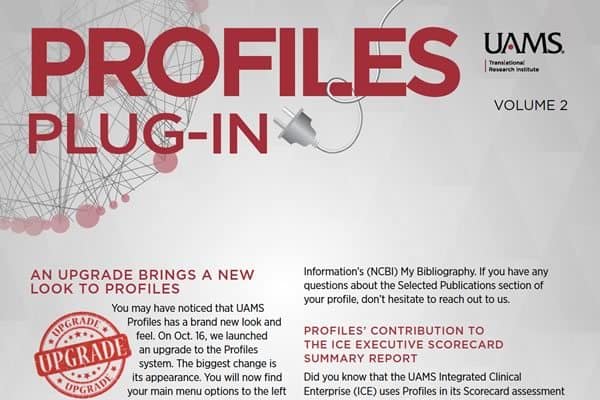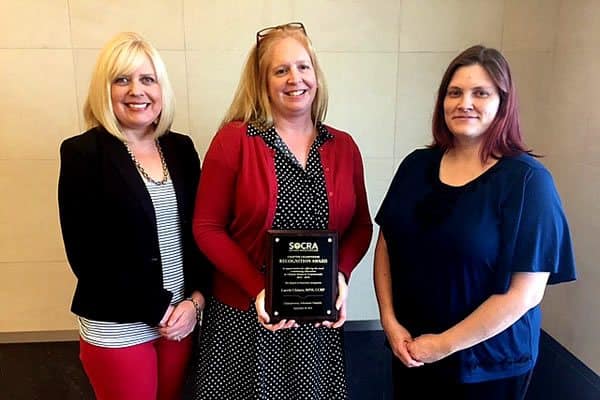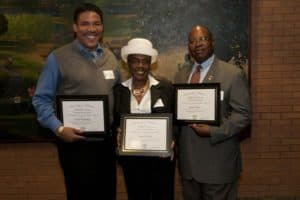
If new biomedical discoveries are like gold, to borrow the metaphor used by UAMS’ Meredith Zozus, Ph.D., the prospecting days are fast coming to an end. But fear not; the November/December TRIbune newsletter features exciting new and forthcoming biomedical informatics strategies to help ensure that UAMS researchers continue to find “gold.” This issue also includes a story about a TRI-supported study led by Kristie Hadden, Ph.D., that may be unique nationally showing how her UAMS intervention is “moving the needle” through the adoption of a plain-language template. Pearl McElfish, Ph.D., MBA, is our TRI & Me feature, and we include your TRI-supported publications.







